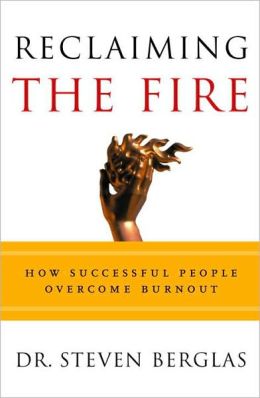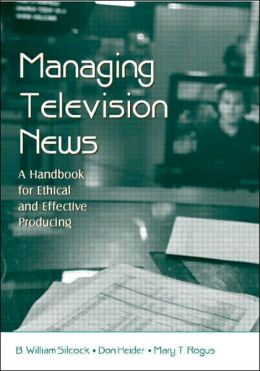My first impression was that encore anxiety only affected athletes and entertainers. So I must admit my surprise when I read more about it – in Reclaiming the Fire: How Successful People Overcome Burnout by Steven Berglas and Managing Television News: A Handbook for Ethical and Effective Producing by our very own B. William Silcock (Dr. Bill), et al – and realized that this fear about outperforming our last achievement actually could affect each of us.
I couldn’t help pondering how many high-achievers, like Fulbright scholars might have experienced some form of it already, and how many of us Humphrey Fellows might even find ourselves battling this “success depression” upon our return home after the fellowship year.
Reassuringly, both pieces that I read, provides some good tools for assessing if you are at risk and advice for managing it. I especially love how Berglas phrases it: “to inoculate yourself against success depression and encore anxiety.”
Facing the man in the mirror
Berglas says “this isn’t psychoanalysis, or some search for a Jungian archetype – it’s simply stop, look and question.” He suggests reviewing the following checklist of adjectives to determine how many you identify with:
- single-minded
- persevering
- self-reliant
- assiduous
- unremitting
- monomaniacal
- zealous
- indefatigable
Checking off more than four, according to Berglas, means you are at high risk (especially if you are over forty, as he makes the distinction between those seeking to build careers vs. sustain careers). I’m not so sure I agree that age is relevant here, as I believe that this fear of potential failure can threaten us regardless of whether we are 4 or 40+. In fact, I think that the ambitious, go-getter Millennial generation might actually be more at risk as they are much earlier seeking out the thrill of triumph, or to rapidly climb the success ladder, or separate themselves from the pack as “differentiation” becomes a new buzzword. This Forbes article about Why Millennial women are burning out at work by 30 supports my point.
Reconfiguring your gestalt
The good news is that there is hope for dealing with this anxiety. Berglas recommends that it is more a matter of “reconfiguring your gestalt” than of completely reinventing yourself.

Here are two takeaways from his writing:
- Be greedy for new things.
- Get in touch with your ego ideal: The totality of your wishes, dreams, goals and ideals, noting that awareness of your ego ideal can help you to better adjust your future pursuits.
Similar, practical insights also came from the producers and journalists interviewed by Silcock et al:
- Realize that your passion may ebb and flow throughout your career.
- Examine your passion and find a renewed focus, and ways to rekindle your passion.
- Remember that you are not defined by your job (I’d like to add “you are not defined by your achievements either). Have that difficult conversation with yourself in order to reassess what defines you. Revisit your personal mission statement and revise it if necessary.
Seems like some pretty good advice to me.
@rhondajaipaul
Other References:
‘Supernova Burnout’ Hits Overachievers The Hardest: http://articles.sun-sentinel.com/2001-06-18/business/0106180211_1_supernova-burnout-anxiety-drug
Book Review: “Reclaiming The Fire: How Successful People Overcome Burnout”: http://www.vocationvillage.com/book-review-reclaiming-the-fire-how-successful-people-overcome-burnout/



I think your post is extremely informative, however I think that in some ways encore anxiety is really frowned upon when maybe it shouldn’t be. I think as you mentioned from Dr. Bill’s writing we don’t need to define ourselves by our job. I for one would like to have multiple careers throughout my lifetime, realizing that once I become at successful at one I will be ready and open to a new challenge.